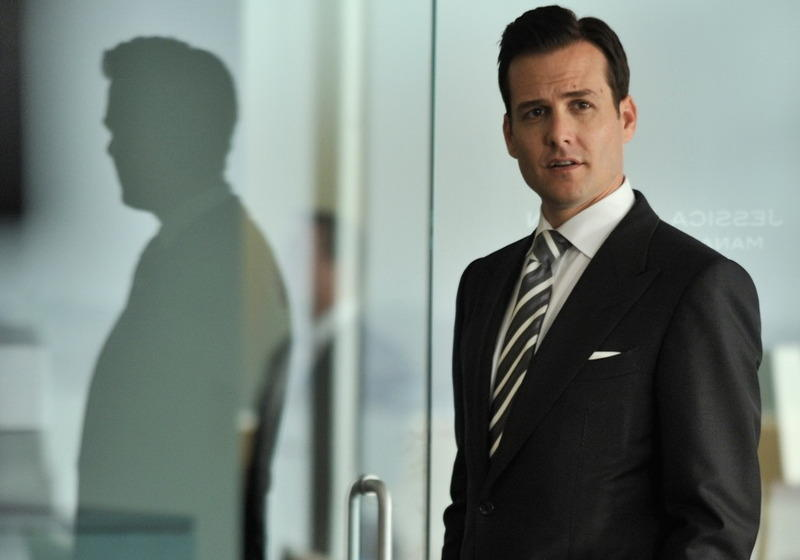How to Tell a Good Lawyer from a Bad One
When searching for a lawyer, people usually take one of three routes: looking online, checking ads near detention center visitor areas, or asking friends and acquaintances for recommendations. No matter the method, everything starts with a personal meeting.
Warning Signs to Watch Out For
- Unrealistic Guarantees: If a lawyer promises, without even seeing any case documents, that they can get your loved one out of jail with a 100% guarantee—don’t believe it. No one can make such promises.
- Overemphasis on Titles and Awards: Be wary if the lawyer’s website is filled with lists of titles and diplomas: thank-you letters, medals, “Do It Yourself” contest wins, TV hosting gigs, or claims that their office is in the president’s reception area (yes, this happens!). These “defenders” are charging for packaging, not real work.
- Upfront Payment for the Entire Case: If a lawyer asks for full payment for the entire period right away, be cautious. Often, families don’t even understand what “the whole period” means. Criminal proceedings have several stages: preliminary investigation, court trial, appeals, supervisory review, and sometimes separate complaints to the European Court of Human Rights (ECHR). Still, payment isn’t the scariest issue, as you should have a contract clearly stating the lawyer’s fee. Just be attentive when signing the agreement!
- Lack of a Clear Defense Plan: If the lawyer can’t clearly explain what their work will involve—what the defense strategy is, and what tactics will be used at each stage—this is a red flag.
- Suggesting Bribes or “Fixes”: It’s very dangerous if a lawyer immediately suggests “solving the issue” through contacts in the investigative agency or prosecutor’s office. Beyond the ethical and legal problems, any decision made in your favor this way can easily be overturned by a higher authority. Once you show you’re willing to pay for such “solutions,” you’ll attract a line of people eager to “help”—and your problems will only multiply.
- Claims of Special Connections: If, once your case is assigned to a specific court, the lawyer hints that they have “trusted people” there or that this court is like home to them, be cautious.
Don’t Be Afraid to Change Lawyers
If you realize you’ve made a mistake in choosing a lawyer, don’t be afraid to switch. Through trial and error, you’ll eventually find a professional who will fight for you and whom you can trust. There are more good people than bad ones—and that goes for lawyers, too.



